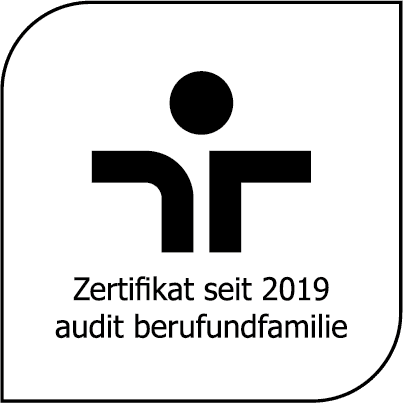Test instruments sorted
Contact person for the Open Test Archive
Gülay Karadere (Dipl.-Psych.)
Research Associate
guek@leibniz-psychology.org
LVI
Lehrerverhaltensinventar
Short abstract
The LVI allows teachers' behaviour (affective references and teaching quality) to be assessed through pupil assessments. The four subscales (1) structure vs. unstructured, (2) severity vs. pupil orientation, (3) high overview (monitoring) vs. low overview of class events, (4) waste of time vs. use of time consist of 10 items each. Reliability: The reliabilities of the four scales (according to Hoyt) range between rtt = .80 and rtt = .88. Validity: There are numerous findings on empirical validity that allow a good classification of the scales. Further proofs of validity are to be mentioned: Correlations with the scales of support and severity by Heinrich (1974), the sensitivity of the LVI in the recording of differences in school types, correlations with affective characteristics of the individual student situation (teacher's sense of well-being, use of the offer, popularity of the subject, difficulty in the subject, cumulative deficits, fear in oral examinations, fear in class tests), numerous significant correlations with school performance, which indicate that the differences in performance between students and school classes are also determined by the factor "teacher". Standards: There is item-specific normalization (25th and 75th percentile rank) and scale-specific normalization (percentile rank norms, T-values and stanine values). The investigation took place in 1978.
Leibniz Institute for Psychology (ZPID). (2019). Open Test Archive: LVI. Lehrerverhaltensinventar. Available at: https://www.testarchiv.eu/en/test/9000324
Citation
Lukesch, H., Haenisch, H., Kischkel, K. H. & Fend, H. (2001). LVI. Lehrerverhaltensinventar [Verfahrensdokumentation, Fragebogen, Auswertungs- und Normblatt]. In Leibniz-Institut für Psychologie (ZPID) (Hrsg.), Open Test Archive. Trier: ZPID.
https://doi.org/10.23668/psycharchives.6593
Short information
Short Name LVI
English Name Teacher Behavior Inventory
Authors Lukesch, H., Haenisch, H., Kischkel, K.H., Fend, H.
Published in Test archive 2001
Copyright/Licence Copyright Authors; CC-BY-NC-ND 3.0
Language versions deu
Construct Teacher Behavior
Application age Students from 5th to 10th grade
Item number 40 items
Subscales (1) Structured vs. unstructured, (2) Strict vs. student orientation, (3) High overview (monitoring) vs. low overview of classroom activities, (4) Waste of time vs. use of time
Application Time approx. 20 min.
Interpretation time approx. 1 hour
Internal consistency: according to Hoyt r = .80-.88.
Findings on empirical validity; Correlations with support and rigor; Sensitivity in the recording of differences in school form; Correlations with affective characteristics of the individual student situation and school performance.
N = approx. 5000 (1978); item-specific standardisation (25th and 75th percentile rank) and scale-specific standardisation (percentile rank standards, T values and stanine values).
Applications Research, Teaching
Older versions
Version 1: https://doi.org/10.23668/psycharchives.304
There is no abstract in English available. Short information about the measure can be found under Overview. More can be found on the German pages.
There is no review in English available. Short information about the measure can be found under Overview. More can be found on the German pages.
First published in
Lukesch, H., Haenisch, H., Kischkel, K. H. & Fend, H. (1984). Lehrerverhaltensinventar. LVI (Bericht Nr. 10). Regensburg: Institut für Psychologie.
Feedback form
Feedback on the use of a procedure from the Open Test Archive of the Leibniz Institute for Psychology (ZPID) to the test author(s)
Contact information
Prof. Dr. Helmut Fend, Emeritus, Professor für Pädagogische Psychologie, Universität Zürich, Institut für Erziehungswissenschaften, Freiestrasse 36, CH-8032 Zürich, Schweiz
Prof. Dr. Helmut Lukesch, Emeritus, Universität Regensburg, Institut für Experimentelle Psychologie, Universitätsstraße 31, D-93040 Regensburg

 Learn more about us!
Learn more about us! 
